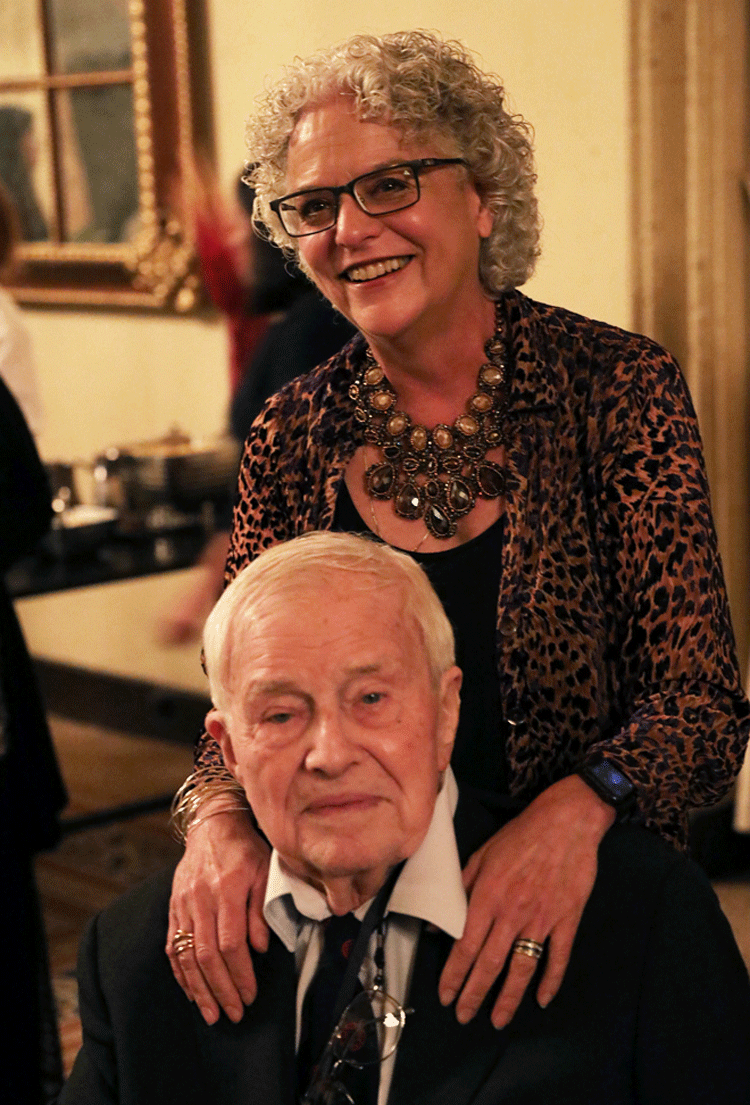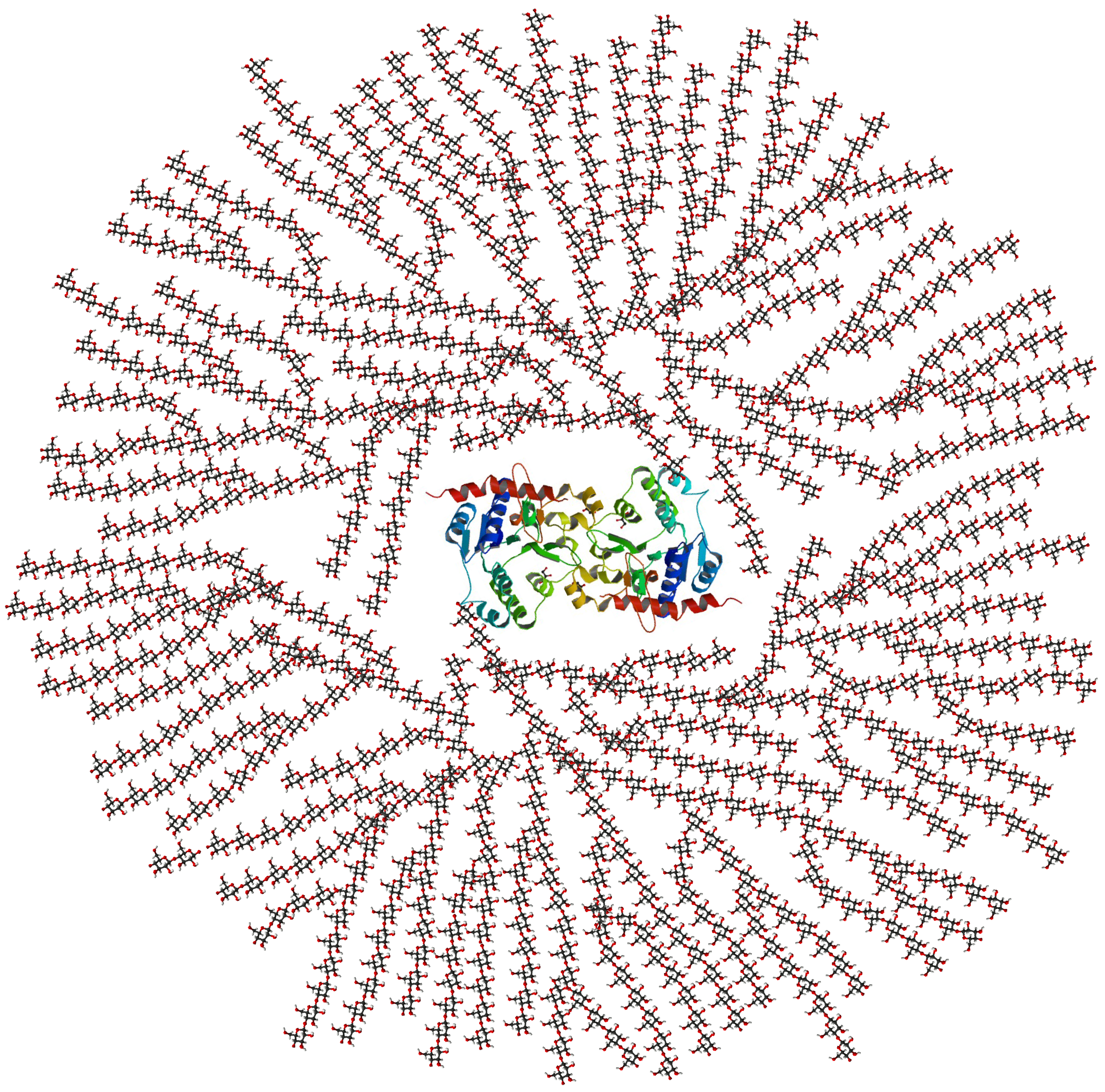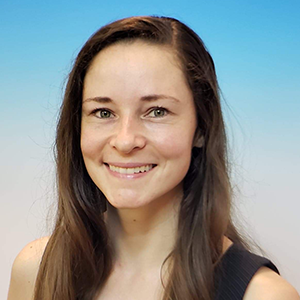In memoriam: William Whelan
William “Bill” Joseph Whelan, a renowned biochemist who embodied his own discovery (he was, by nature, a primer), died at his Miami home on June 5. He was 96.
Whelan was born in Salford, in Lancashire, England, on Nov. 14, 1924. His mother was a homemaker and his father, from Ireland, made skins for sausages.

With a teacher encouraging his interest in biochemistry, Whelan was the first in his family to go to university; he earned three degrees at the University of Birmingham and was appointed as faculty while a graduate student. He then joined the University of North Wales, the University of London Lister Institute, and later the Royal Free Hospital.
Sometimes an organization is transformed with the leadership of someone who’s not from around here. Whelan moved to the then 15-year-old Miller School of Medicine at the University of Miami in 1967, remaining its chair of biochemistry until 1991 and retiring as one of its longest-serving faculty in 2019.
Whelan worked on important storage molecules in animals and plants, glycogen and starch, respectively. When your stomach is empty, you check the body’s metaphorical cupboards, where you can thank glycogenin for putting aside a condensed form of glucose for just such a time.
But catalyzing requires raw materials. In the late 1980s when Whelan’s crop of graduate students was leaving, and funding was dry as a potsherd, his wife, Margaret, replaced her usual question (“Discover anything nice today?”) with a suggestion to use a newly released pension from his UK faculty positions. Earlier stores save the day when levels are low. Whelan expanded his lab and was elected a fellow of the Royal Society in 1992 (a year before Margaret died) in part due to a discovery of how to make use of glycogen stores — by glucosyltransferase reactions, in case you were wondering.

Glycogenin, which Whelan is credited with discovering, is known for drawing things together. Knowing the draw of Florida in winter, he launched a winter conference attracting Nobel laureates, now enjoying its 53rd year. Glycogenin fast-tracks; it is a catalyst. Whelan started an acclaimed program in response to medical shortages, giving Ph.D. students — like glycogen itself — condensed coursework to complete an M.D. faster. And glycogenin is a self-starter; it self-phosphorylates. So, too, was Whelan; he started the journals Trends in Biomedical Science and Federation of European Biochemical Society Letters, and he remained an editor in chief of the journal IUBMB Life (also president of the International Union of Biochemistry and Molecular Biology) until 2020, stating he wanted biochemistry to be presented in “crystalline prose.”
Describing glycogenin as a catalyst for synthesizing glycogen is the truth but not all of it; glycogen joins the first few molecules, and then other enzymes continue the good work it started. Whelan’s research is now in biochemistry textbooks, and the work of others that he elevated in journals is a rich store for those who draw energy from biochemistry. His work continues to give.
Whelan is survived by his wife, Alina, and his family in England.
Enjoy reading ASBMB Today?
Become a member to receive the print edition four times a year and the digital edition monthly.
Learn moreGet the latest from ASBMB Today
Enter your email address, and we’ll send you a weekly email with recent articles, interviews and more.
Latest in People
People highlights or most popular articles

Building a career in nutrition across continents
Driven by past women in science, Kazi Sarjana Safain left Bangladesh and pursued a scientific career in the U.S.

Kiessling wins glycobiology award
She was honored by the Society for Glycobiology for her work on protein–glycan interactions.

2026 ASBMB election results
Meet the new Council members and Nominating Committee member.

Simcox wins SACNAS mentorship award
She was recognized for her sustained excellence in mentorship and was honored at SACNAS’ 2025 National Conference.

From humble beginnings to unlocking lysosomal secrets
Monther Abu–Remaileh will receive the ASBMB’s 2026 Walter A. Shaw Young Investigator Award in Lipid Research at the ASBMB Annual Meeting, March 7-10 in Washington, D.C.

Chemistry meets biology to thwart parasites
Margaret Phillips will receive the Alice and C. C. Wang Award in Molecular Parasitology at the ASBMB Annual Meeting, March 7-10 in Washington, D.C.

